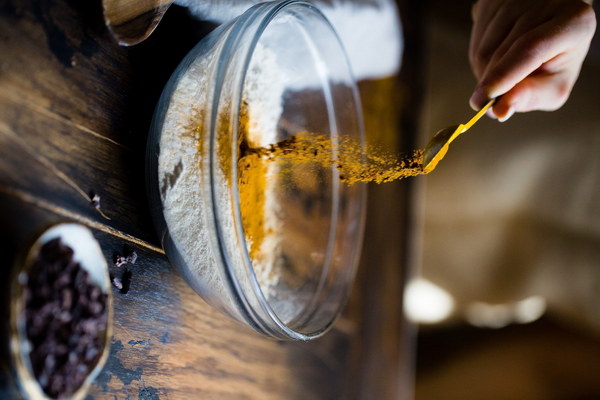Top Medications for Liver Health Discover the Best Remedies for Hepatic Care
In the intricate tapestry of human health, the liver plays a pivotal role. This vital organ is responsible for metabolizing nutrients, detoxifying harmful substances, and producing bile, which aids in the digestion process. Given its multifaceted functions, it's no surprise that maintaining liver health is crucial for overall wellness. While a healthy diet and regular exercise are fundamental, certain medications can significantly support liver health. Let's delve into some of the top medications that are known for their efficacy in nurturing and protecting the liver.
1. Milk Thistle (Silymarin)
Milk thistle is perhaps the most well-known herbal supplement for liver support. The active compound, silymarin, is believed to have antioxidant, anti-inflammatory, and anti-fibrotic properties. It is often recommended for individuals with liver diseases such as hepatitis, cirrhosis, and non-alcoholic fatty liver disease (NAFLD).
How it Works:
Silymarin is thought to protect the liver by neutralizing free radicals, which can damage liver cells. It also helps to reduce inflammation and inhibit the formation of scar tissue (fibrosis). Milk thistle is available in various forms, including capsules, tablets, and tinctures.
2. Ursodeoxycholic Acid (UDCA)
UDCA is a bile acid that is naturally produced by the liver. It is commonly used to treat bile acid-related liver disorders, such as primary biliary cholangitis (PBC) and primary sclerosing cholangitis (PSC). UDCA helps to increase bile flow, which can help to dissolve gallstones and improve liver function.
How it Works:
By increasing bile flow, UDCA helps to reduce the accumulation of bile acids in the liver, which can lead to inflammation and damage. It also has anti-inflammatory properties and can help to reduce liver scarring. UDCA is available as a prescription medication in tablet form.
3. Metformin
Although primarily used to treat type 2 diabetes, metformin has also shown promise in the treatment of NAFLD. Research suggests that metformin may help to reduce liver fat, improve insulin sensitivity, and decrease inflammation.
How it Works:
The exact mechanism by which metformin benefits the liver is not fully understood, but it is thought to reduce the production of free fatty acids in the liver and improve insulin sensitivity. Metformin is available as a prescription medication in tablet form.
4. Vitamin E
Vitamin E is an antioxidant that is essential for maintaining healthy cells. It is often used to treat liver diseases such as non-alcoholic steatohepatitis (NASH) and alcoholic hepatitis. Vitamin E supplements may help to reduce liver inflammation and improve liver function.
How it Works:
By neutralizing free radicals, vitamin E helps to protect liver cells from damage. It also has anti-inflammatory properties. Vitamin E is available as a prescription medication in high-dose form, as well as over-the-counter supplements.

5. N-Acetylcysteine (NAC)
NAC is a precursor to the amino acid cysteine, which is essential for the production of glutathione, a powerful antioxidant. NAC is often used to treat acetaminophen overdose, a leading cause of acute liver failure. It is also used to treat chronic liver diseases such as cirrhosis and liver cancer.
How it Works:
NAC helps to replenish glutathione levels, which can be depleted in liver disease. It also has anti-inflammatory properties and can help to reduce liver scarring. NAC is available as a prescription medication in tablet form.
Conclusion:
Maintaining liver health is essential for overall well-being, and while there are no one-size-fits-all solutions, certain medications can play a crucial role in supporting liver function. Whether you are dealing with a specific liver condition or simply want to protect your liver, consulting with a healthcare professional is the first step in determining the best course of treatment. Remember, while medications can aid in liver health, they should always be used in conjunction with a healthy lifestyle, including a balanced diet, regular exercise, and moderate alcohol consumption.









